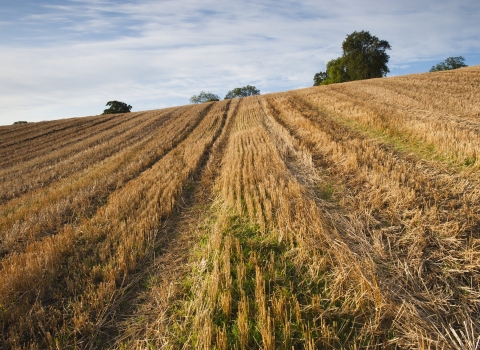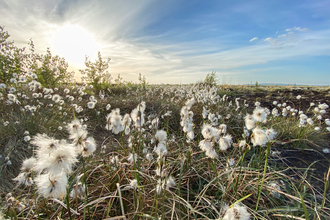For a Living Landscape
Almost every type of farming practiced across the UK can be found right here in Lancashire, Greater Manchester and the Liverpool City Region, from arable and market-gardening in the lowlands; to beef and cattle farming, mainly in the lowlands and upland fringes; to sheep-farming, mainly in the uplands and upland fringes but also in the Lancashire Plain. The poultry and pig sectors are currently of less general significance to land management in our sub-region though, of course, that could change.
The decision to leave the European Union and therefore the Common Agricultural Policy offers both opportunities and threats for the fragmented wildlife and wild places that survive across our counties in land managed for food or timber production.
Our South Pennine Grasslands Project offers farmers and other land managers in the upland fringes of the South, and the West Pennines help and practical advice with funding and delivering restoration and management of their species-rich meadows and pastures. We hope to secure funding to expand that work to other parts of our counties.
Find out about the South Pennine Grasslands Project
Active forestry land use is fairly minor in our sub-region compared with many other parts of northern England. The main timber-producer in our area is United Utilities, and by far the largest plantation woodland in our patch is its Gisburn Forest site in the Bowland Fells.
Semi-natural ancient woodlands in our three counties are small and often fragmented and neglected. Such neglect is not necessarily of benefit as it allows unfenced woods to be grazed out by livestock and deer, or become even aged stands lacking in structure. They may also be colonised by damaging invasive 'garden' plant species such as rhododendron and snowberry, and may be damaged by grey squirrels.




